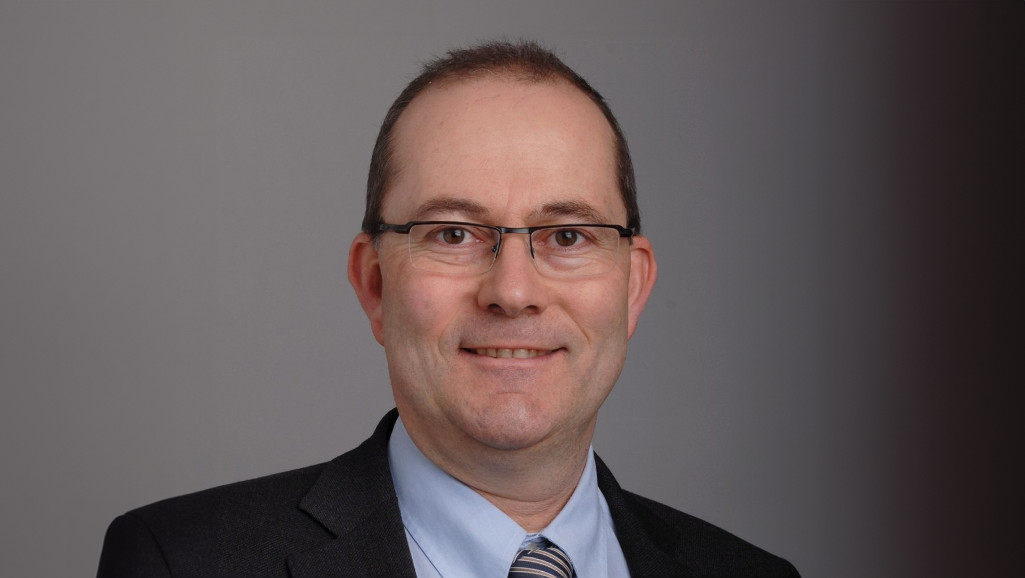- Science News
- Health
- ‘Rethinking health beyond disability and disease’
‘Rethinking health beyond disability and disease’
by Liad Hollender, Frontiers science writer

Is there more to health than just the absence of disease? According to a team of researchers from Swiss Paraplegic Research and the University of Lucerne, the answer is a resounding ‘yes’.
In an article published in Frontiers in Science, the researchers explain how ‘human functioning’ – a new assessment of health – could revolutionize healthcare, and even help advance the UN 2030 Sustainable Development Agenda.
But what is human functioning and why is it such a powerful concept? To find out, Frontiers spoke with the team – Prof Jerome Bickenbach, Prof Sara Rubinelli, Cristiana Baffone, and Prof Gerold Stucki.
How would you define human functioning?
Gerold: Functioning is a concept developed by the World Health Organization (WHO), which constitutes a rethinking of health that goes beyond disability and disease. It encompasses people’s biological health as well as their ‘lived health’ – the activities they perform in their daily lives. What activities? Everything from eating and grooming, to working and socializing.
This way of thinking is important because while it’s true that our biological health affects what we can do, features of our environment can either improve this capacity or make it worse. For instance, a person with a mobility impairment may have limited functioning in a physical environment that is not accessible. However, their functioning can be enhanced through assistive devices or changes to the built environment.
Human functioning gives us a comprehensive understanding of what health means, and why it’s important to us. It also explains how to make sense of disability and especially the role that our physical and social environments play in the experience of having a disability.
How is human functioning different from the current medical approach?
Sara: Health is traditionally understood primarily from a biomedical perspective. This approach has led to enormous scientific advances, but there has always been another perspective, a very commonsense one that addresses how our state of health impacts our everyday lives. Functioning is a new term that captures this way of thinking.
Functioning also clarifies how our health is linked to our well-being. It's not just about a person having a disease or not, but whether they can engage in activities that matter to them. Shaping health systems, education, research, and policy in ways that promote functioning can help people live their best lives.
How did you become interested in functioning?
Jerome: I have seen firsthand the impact of functioning limitations on people’s life quality through my work with individuals with spinal cord injury and other disabilities. I became dedicated to finding innovative solutions to help these individuals achieve their goals and take part fully in society.
I pursue this goal by studying the interplay between individual, social, and environmental factors; and developing interventions to enhance functioning. In parallel, I also work to translate this knowledge into clinical practice and policy.
Are there studies showing the effectiveness of functioning for health assessment? What do they show?
Cristiana: Yes, there are various examples. These studies rely on a comprehensive, person-centered framework developed by the WHO called the International Classification of Functioning, Disability, and Health (ICF). For instance, a study on the use of the ICF Core Sets for rheumatoid arthritis was useful for identifying and addressing the complex needs of individuals with this condition (Uhlig et al., 2007). Other studies have also proved the effectiveness of this approach in different populations, including individuals with spinal cord injury (Itzkovich et al., 2007), and chronic lower back pain (Prodinger et al., 2016). Overall, these studies show that using functioning for health assessment effectively considers the individual's goals, preferences, and cultural background.
Do you think functioning should become an integral part of healthcare? For example, a standard part of annual check-ups?
Gerold: Functioning has always been an integral part of healthcare. Whenever people see a doctor, they most likely express their health concerns by describing how they affect their daily lives, rather than using biomedical or diagnostic terms. For example, the pain or fatigue they experience, or the difficulty they have walking, working, or some other domain of their lived health.
What needs to be done is to systematically collect and use this information, adding it to standard healthcare information together with clinical examination, imaging, and other tests. Healthcare providers could then develop individualized treatment plans that consider the individual's goals, preferences, and cultural background. This can improve patient satisfaction with care and increase their engagement in their own health and well-being.
What’s a possible timeline for integrating functioning in healthcare?
Jerome: If everything goes very well, it could happen within a decade. In the first phase, we would need to create training programs for functioning and run pilot studies to test whether integrating functioning into healthcare works well. Then, we would also need to develop standardized tools and measures for assessing functioning in different populations and contexts. Finally, functioning assessment and treatment plans would become a standard part of healthcare. Functioning data will also inform healthcare policies and resource allocation decisions across health and social systems. However, this timeline depends on several factors, including awareness among diverse stakeholders and the availability of resources.







